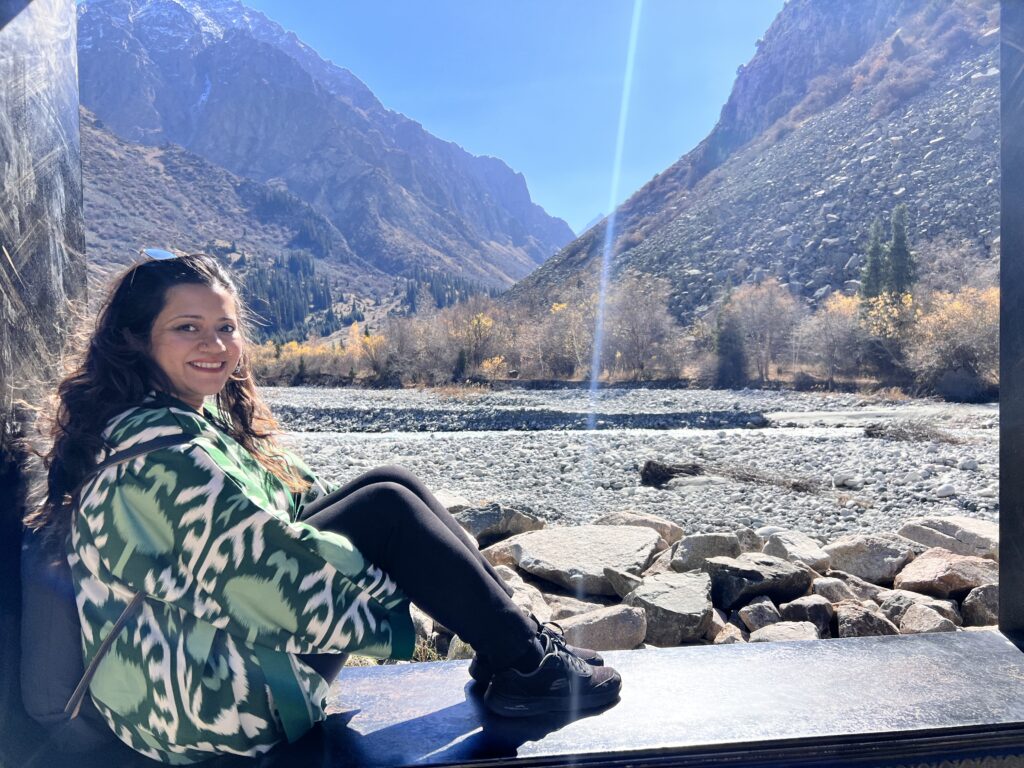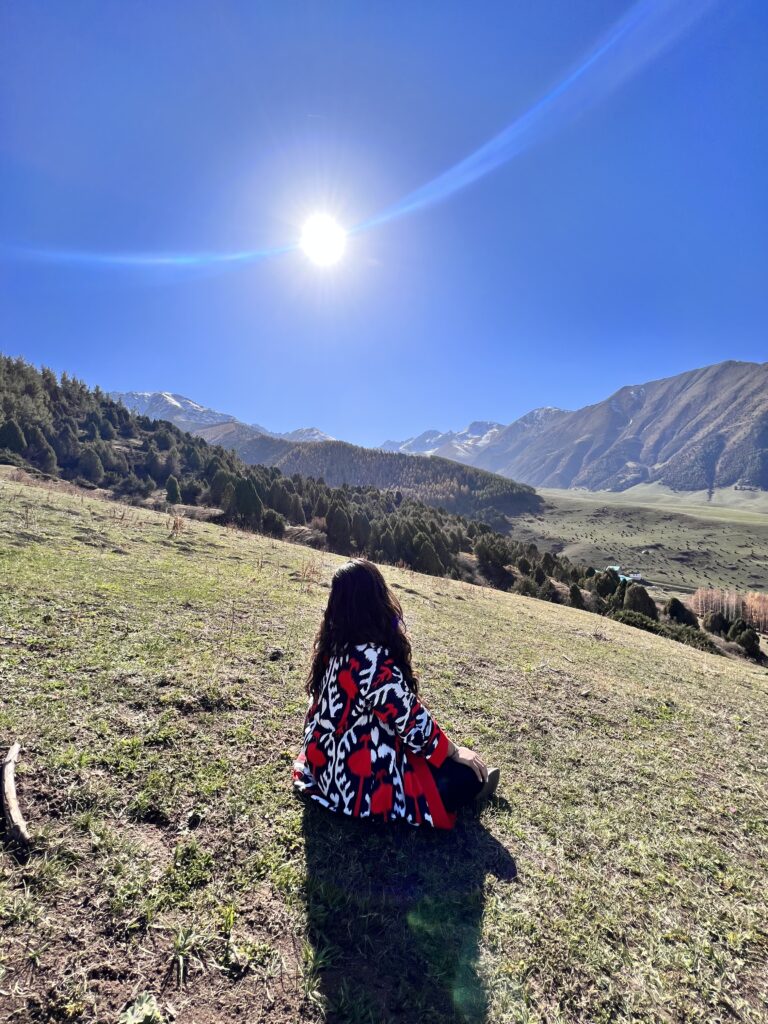
Throughout 2023, I experienced feelings of being overwhelmed, demotivated, and utterly exhausted. Eventually, it reached a point where daily functioning became a challenge, and getting out of bed became increasingly difficult. It was during this period that I acknowledged a need for change, recognizing that I couldn’t continue this way. Adopting the millennial approach, I turned to Google and consulted a doctor, both of which confirmed what I suspected – I was burnt out. At that time, I didn’t know that my struggles weren’t indicative of weakness but rather a consequence of sustained strength without giving my body the necessary rest, recovery, and rejuvenation.
Following additional research, I encountered the concept of a transformation coach. To be honest, I approached this idea with skepticism. Like any logical person, I questioned how someone could genuinely transform my life and whether the promised tools would hold up. With some reluctance, I engaged with Roksana, a British South Asian Therapist and coach, integrating proven coaching strategies with therapeutic practices like EMDR, Hypnotherapy, and Tapping. Through a series of online sessions, Roksana guided me through the process, explaining how trauma impacts our bodies, particularly the nervous system – a topic I knew little about before our conversation. It became evident that years of exposure to unsafe situations and traumatic events had sent my nervous system into complete dysregulation, leaving me in a perpetual state of survival mode.
Over the course of two months working with Roksana, here are a few insights into how I learned to regulate my nervous system:

1. Importance of a Social Media Break: Numerous studies highlight the detrimental effects of excessive social media use on mental health. Despite the irony of sharing this on social media, Roksana emphasized the critical importance of prioritizing mental health and taking breaks to mitigate constant exposure to stimuli. The overwhelming access to dopamine-inducing posts can lead to addiction, contributing to a perpetual state of freeze, which a social media break helps alleviate.
2. Breathwork: Recognizing that my breaths became shallow and short during moments of anxiety, I discovered that I was not alone in this experience. Studies indicate that stress activates the sympathetic nervous system, triggering reactions like shallow breathing, rapid heartbeat, and anxious feelings. I learned the effectiveness of breathwork – slow, deep breathing signals safety to the body, activating the parasympathetic nervous system and inducing relaxation. As someone who dealt with panic attacks in the past, I now appreciate how these breathing exercises can be life-saving.
3. Tapping: Tapping emerged as a transformative practice. Feeling overwhelmed by life’s challenges, Roksana introduced me to tapping to free myself from overwhelming thoughts. Tapping involves addressing stress or pain by acknowledging and releasing it while tapping on key acupressure points on the face and body. Often referred to as psychological acupressure, tapping combines elements of Chinese medicine, neuroscience, and psychology to disrupt the energy of looping thoughts and beliefs.
4. Mindfulness: Our minds oscillate between two states: focused and contemplative. Being fully engaged in an activity brings a sense of control and purpose, while a contemplative state allows the mind to wander, often leading to regretful thoughts and worries. Mindfulness practices, including movement and breathing, bridge this gap, regulating the nervous system and bringing us back to the present moment. Increased mindfulness about my environment has enabled me to observe thought patterns and better connect with my feelings and needs. Recognizing when I am about to spiral into negative thinking patterns, I can use tapping or breathing exercises to calm my mind.

5. Professional Help: Mental health stigma often hinders seeking professional help. While the practices above are beneficial for calming the nervous system, working with a professional like Roksana allows for more in-depth exploration. Undergoing hypnotherapy in a safe environment unveiled unexpected sources of my struggles. There are over ten different types of Hypnotherapy to heal and embed new beliefs. This experience underscored the power of the subconscious mind and the potential for significant change through targeted interventions.
6. Thought Patterns: One of the things that helped me tremendously were the personalized recordings from Roksana. Listening to these recordings everyday helped me tap into my subconscious in such a way that I was able to track my thought patterns with relative ease. After 14 days of listening to the recording daily, I was able to intercept negative thoughts with compassion for myself, learnt to honor my thoughts and feelings whilst also taking responsibility to act in kinder ways by taking long walks in nature and other self care rituals. Acting with compassion with myself is harder some days because somewhere deep down, I believed that I deserve a more difficult life, but through more inner work, I am now able to have a much better grasp of my thoughts and feelings.

7. Journaling: I learnt daily journaling practices such as gratitudes and brag lists which are a daily reminder of all the amazing things in my life. My usual journaling practice previously focused on trauma dumping on my journal, with little acknowledgement of the daily wins. Cultivating a practice of daily gratitude and documenting my wins in the brag lists has changed my mindset to have faith in myself much more. I now feel more connected with the resources that lay within me and the ways the universe supports me to move forward in life.
During my time with Roksana, I embarked on a journey of profound self-discovery, gaining insights into what I was holding onto and what was holding me back. The safe space provided by a coach understanding the challenges faced by South Asian women allowed me to delve into issues of identity and specific problems. I learned effective ways to regulate myself during high-stress times and how to avoid decisions leading to highly stressful situations.
